ORCAS
ISLAND
.
ORCAS ADVENTIST
FELLOWSHIP
CHURCH
107 Enchanted Forest Road
Eastsound · (360) 376-6683
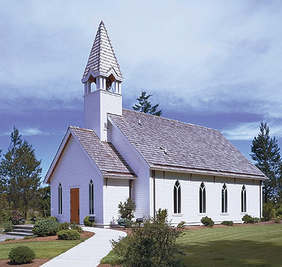
please note:
Concerts at 5:00 PM
Suggested Donation:
$20 to $30
(a
free will offering - everyone welcome!)
•
18
and under FREE •
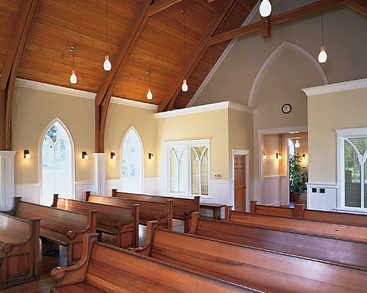
SSEMF presents outstanding
early chamber music on
Orcas Island
thanks to your support.
The
Salish Sea Early Music Festival is a
501(c)3 organization and all donations
are fully tax deductible in accordance
with the law. Your donations are
welcomed at
https://www.salishseafestival.org/donate
.
✣
With special thanks
✣
to
the Orcas Adventist Fellowship Church
|
2026 Salish Sea Early
Music Festival on Orcas Island
~
Period Instrument chamber music from six centuries
on Orcas Island and around the Salish Sea ~
~ Presented in
collaboration with the Orcas Adventist Fellowship
Church ~
~ CORRECTED dates
below on February 5 ~
~
All
early evenings
at 5:00 PM ★
download 2026
Orcas flyer here
~
|
Monday,
January 26,
2026 at 5:00
PM:
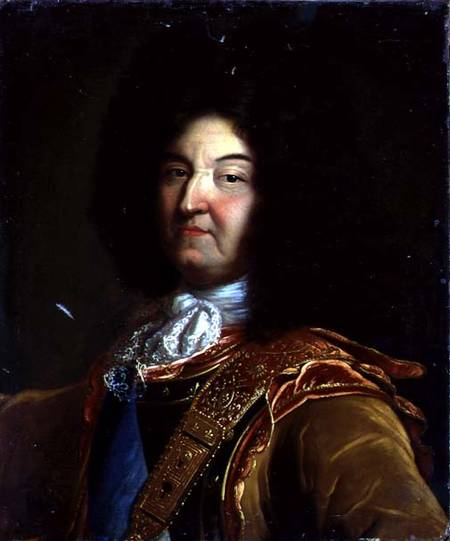 —
A
LITTLE CONCERT
FOR LOUIS XIV —
A
LITTLE CONCERT
FOR LOUIS XIV
· Y
Hsuan (Ethan)
Lin,
baroque violin
·
Vicki
Gunn,
baroque viola
·
Jeffrey
Cohan,
baroque flute
·
Anna
Marsh,
baroque
bassoon
André
Danican
Philidor
l'ainé, the
aging Louis
XIV's
long-time
music
librarian,
prepared the
king's
favorite
operas and
ballets
alongside
chamber music
by Lully and
Philidor himself
for little
evening
concerts given
before his
majesty, all
reduced for a
smaller number
of musicians
who presented
these grand
works in the
intimate
setting
greatly
preferred
during this
period by the
king, at least
a quarter of a
century after
the death of
the composer
of most of
these works,
Jean-Baptiste
Lully.
★
★
★
|
|
Tuesday,
February 10,
2026 at 5:00
PM:
— The
ITALIAN and
FRENCH
PERSPECTIVE
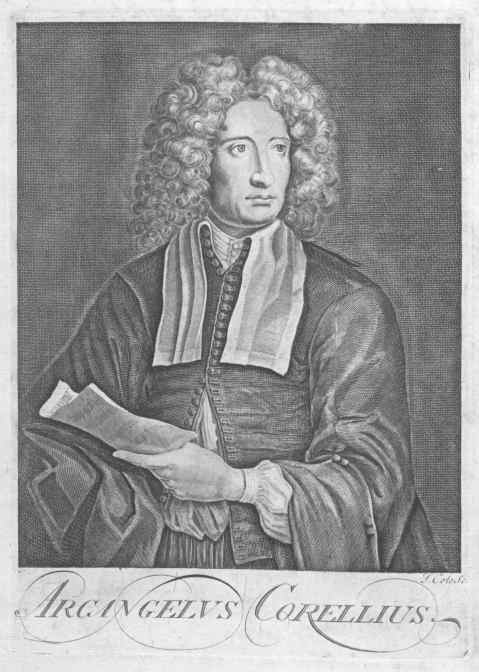 · Susie
Napper
(Montreal),
viola da gamba
· Susie
Napper
(Montreal),
viola da gamba
· Olena
Zhukova
(Kyiv,
Ukraine),
harpsichord
·
Mélisande
Corriveau
(Montreal),
treble viol
· Jeffrey
Cohan,
renaissance
& baroque
flutes
Olena Zhukova
from Kyiv and
Les Voix
humaines, the
widely
celebrated
prize-winning
duo of viols
from Montreal
join us for a
program
illuminating a
radically
evolving
musical
perspective
through the
17th century.
LISTEN:
Les Voix
Humaines plays
|
 Tuesday,
February 24,
2026 at 5:00
PM: Tuesday,
February 24,
2026 at 5:00
PM:
—
EUROPEAN
TOUR 1690-1790
·
Olena
Zhukova,
harpsichord
·
Jeffrey
Cohan,
baroque flute
An excursion
through a
century of
transformation
and diversity
by decade and
culture within
the baroque
and classical
periods,
through the
perspective of
composers for
harpsichord
and flute from
Ukraine,
France, Italy,
Scotland,
Germany and
Austria with
music by
Berezofzkyj,
Boismortier,
Corelli,
Oswald, Mozart
and Bach.
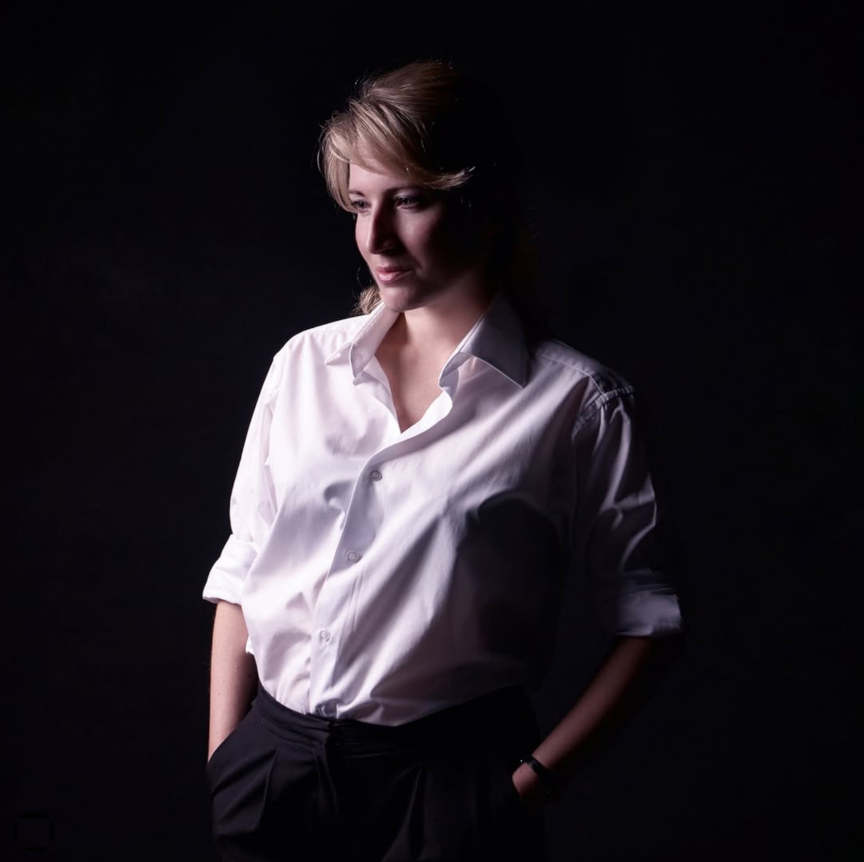
Olena
Zhukova of
Kyiv, Ukraine,
a leading
harpsichordist
and a tireless
ambassador for
early music in
her country
and abroad,
has performed
since the
outbreak of
full-scale war
in prominent
performances
sponsored by
distinguished
institutions
all around
Ukraine,
Poland,
Austria,
France,
Switzerland
and Czech
Republic for
international
festivals and
in
collaboration
with major
artists,
orchestras and
opera
productions.
Ms. Zhukova is
also an
accomplished
scholar who
published and
presented more
than 20
articles,
while devoting
herself to her
harpsichord
class and
chamber music
students as
Associate
Professor at
both the National
Music Academy
of Ukraine
and the Gliére
Academy of
Music
(Kiev), where
she founded
the
harpsichord
class. Recent
engagements
during the
past few
months alone
include Bach's
Goldberg
Variations in
the
prestigious Organ
Hall in
Lviv, Ukraine;
the first
major
classical
performance
for the public
in Chernihiv,
Ukraine since
the outbreak
of war
entitled French
Music in Times
of War
and sponsored
by the
Ambassador of
France, in a
newly rebuilt
performance
hall in
Chernihiv that
had previously
been
extensively
damaged by a
Russian strike
at the
beginning of
the conflict;
and an
involved
program,
consisting
exclusively of
new music for
harpsichord
composed
in part for
her by today's
Ukrainian
composers, for
Columbia
University’s Global
Center in
Paris and
its Institute
for Ideas and
Imagination.
★
★
★
|
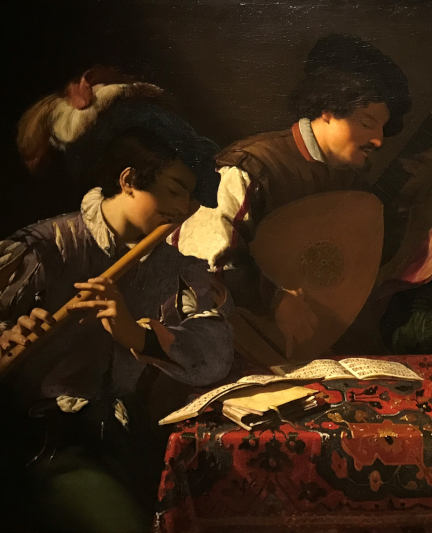
Tuesday,
March
17, 2026
at 5:00
PM:
—FOLK
SONG FROM
THREE
CENTURIES II
Renaissance
Psalms,
Scottish
Baroque &
Folk
· Oleg
Timofeyev,
renaissance
lute, English
guitar &
7-string
guitar (1820)
· Jeffrey
Cohan,
renaissance,
baroque &
8-keyed flutes
(London, 1820)
Innovative
renditions of
renaissance
Psalms
(~1620), Irish
and Scottish
baroque
(~1720) and
folk music as
interpreted
during
Beethoven's
lifetime
(~1820)
outlines this
100% new
program
continuing
Oleg and
Jeffrey's
exploration of
settings from
three
centuries of
popular and
folk music,
performed on 5
transverse
flutes and
three plucked
instruments.
Two
experiments in
particular are
worth of
mention. In
the early 17th
century
Flutist Jacob
Van Eyck and
lutenist
Nicolas Vallet
both wrote
settings of
many of the
Psalm tunes
from the
Geneva Psalter
of the
mid-16th
century.
Timofreyev and
Cohan
juxtapose
these in a
manner that
sheds new
light on early
17th-century
improvisational
practice.
James Oswald's
"Airs for the
Seasons"
consists of
four
collections,
one for each
season, of
about 24 airs
or
multi-movement
suites, each
dedicated to a
particular
flower of the
season and
radiating the
charming
character of
the folk
melodies of
Oswald's
native
Scotland. The
wire strung
English
guitar, so
rarely to be
heard today,
emerged around
this time as
one of the
most prominent
instruments of
home life in
England, and
Oswald's airs
beautifully
suit Oleg's
instrument
made in 1767
alongside the
one-keyed
baroque flute.
LISTEN:
Oleg
Timofeyev and
Jeffrey Cohan
play Drouet's
God Save
the Queen
on SoundCloud:
★
★
★
|
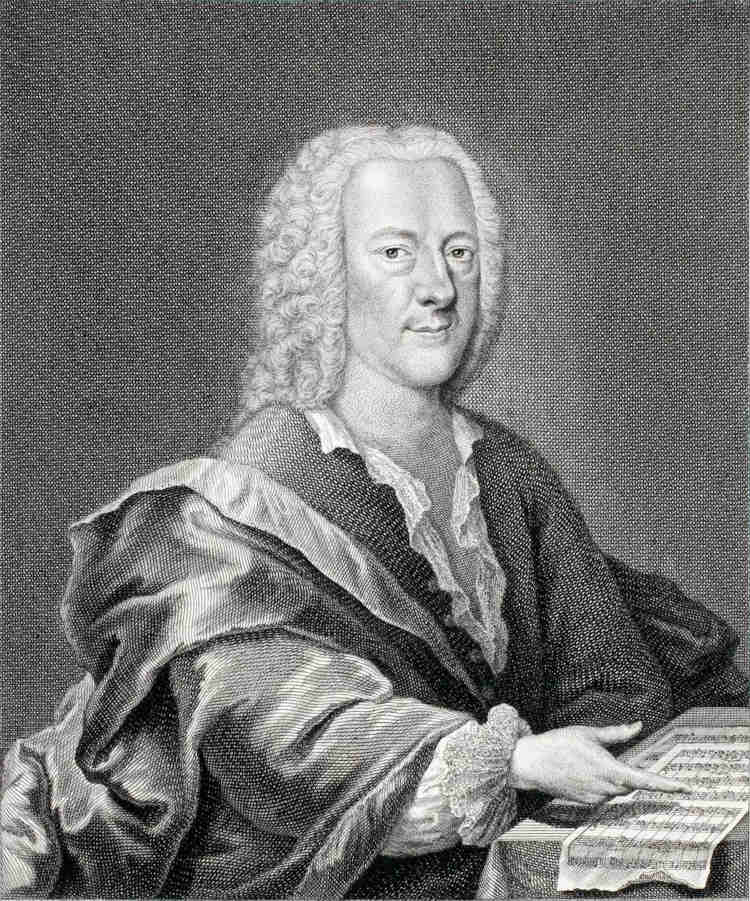
Thursday,
April
23, 2026
at 5:00
PM:
—TELEMANN
PARIS QUARTETS
· David
Greenberg,
baroque violin
·
Susie
Napper,
viola da gamba
·
Elisabeth
Wright,
harpsichord
·
Jeffrey
Cohan,
baroque flute
Six
quatuors
(1730):
Concerto
1 in G
Sonata
1 in A
Suite
1 in e
Nouveaux
quatuors en
six suites
(1738):
2e.
Quatuor in A
Minor
Telemann
composed his
12 brilliant
“Paris
Quartets” in
Hamburg and
then Paris in
response to a
request in
1730 from the
most famous
Parisian
flute, violin
and cello
virtuosi which
resulted in
his most
significant
journey away
from home
during his
lifetime. This
year we
present four
new quartets,
to include a
selection from
each of his
four sets of
quartets in
sonata, suite
and concerto
format.
"The admirable
performances
of these
quartets by
Messrs Blavet
(transverse
flute),
Guignon
(violin), the
younger
Forcroy [i.e.
Forqueray]
(viola da
gamba) and
Edouard
(cello) would
be worth
describing
were it
possible for
words to be
found to do
them justice.
In short, they
won the
attention of
the ears of
the court and
the town, and
procured for
me in a very
little time an
almost
universal
renown and
increased
esteem."
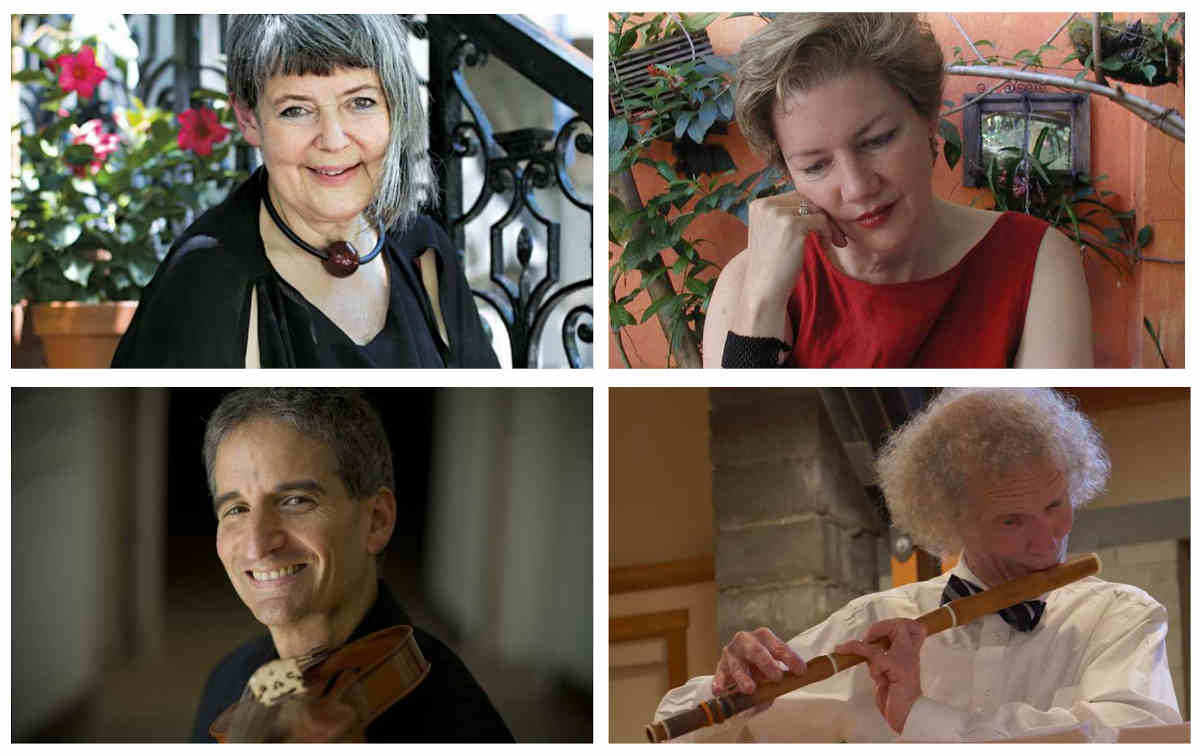
|
Tuesday,
May
5, 2026
at 5:00
PM:
—BACH
& HANDEL
·
Maike
Albrecht,
soprano
·
Hans-Jürgen
Schnoor,
harpsichord
·
Susie
Napper
(Montreal),
viola da gamba
· Jeffrey
Cohan,
baroque flute
Vocal
masterworks to
be presented
include 6 of
Handel's 9
exquisite
German Arias,
selected arias
from cantatas
by Bach, his Italian
Concerto
for solo
harpsichord,
and flute
sonata by
Handel and
Bach's cantata
Ich habe genug.
|
 Wednesday,
June
10, 2026
at 5:00
PM: Wednesday,
June
10, 2026
at 5:00
PM:
—JOHANN
SEBASTIAN BACH
·
Irene
Roldàn,
harpsichord
· Jeffrey
Cohan,
baroque flute
Award-winning
harpsichordist
Irene
Roldán
(www.ireneroldan.com)
was born in
southern Spain
in 1997.
Described by
the press as
one of the
most prominent
Spanish
harpsichordists
on the
international
scene (ABC
Sevilla),
Irene
currently
lives and
works in
Basel,
Switzerland.
She gained
international
recognition in
2021, when she
won first
prize, never
previously
awarded in
this
competition,
as well as the
audience prize
at the III.
International
Harpsichord
Competition
«Città di
Milano». In
the same year,
her ensemble
Flor Galante
secured the
first prize at
the IV.
International
Bach
Competition in
Berlin. One
year later,
Irene was
honored with
the
prestigious
Bach Prize and
an additional
special award
at the XXXIII.
International
Bach
Competition
held in
Leipzig,
Germany.
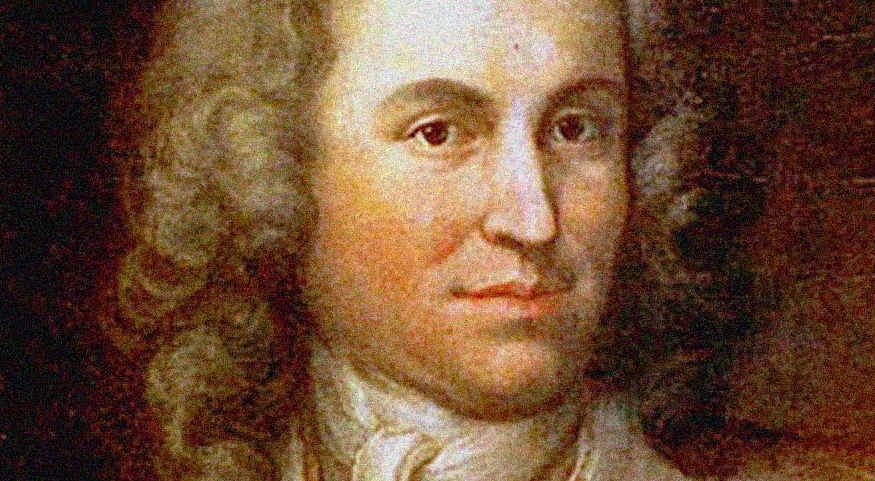
Irene
Roldàn’s
participation
in these
performances
has been made
possible with
help from the
Honorary
Consulate of
Spain in
Seattle and
from to the
Programme for
the
Internationalisation
of Spanish
Culture (PICE)
of Acción
Cultural
Española
(AC/E), which
seeks to
promote
Spanish
culture
through the
inclusion of
Spanish
artists and
creators
residing in
Spain in the
programming of
cultural
events outside
of Spain.


|
Tuesday,
June
30, 2026
at 5:00
PM:
—PARDESSUS
DE VIOLE,
FLUTE &
GUITAR
·
Annalisa
Pappano,
pardessus de
viol and
treble viol
· William
Simms,
baroque guitar
and theorbo
· Jeffrey
Cohan,
baroque flute
The
French royal
court musical
establishment
generated a
vast amount of
music, to be
represented by
works of
Jean-Baptiste
Lully,
Élisabeth
Jacquet de La
Guerre, Marin
Marais,
Jacques
Hotteterre and
others.
★
★
★
|
|
In
1676, Thomas
Mace expresses
our musical
aspirations:
"I have been
more Sensibly,
Fervently, and
Zealously
Captivated,
and drawn into
Divine
Raptures, and
Contemplations,
by Those
Unexpressible
Rhetorical,
Uncontroulable
Perswasions,
and
Instructions
of Musicks
Divine
Language."
Sloane
wrote in about
1794 that
"There must be
an Order and
just
Proportion,
Intricacy with
Simplicity in
the Component
parts, Variety
in the Mass,
and Light and
Shadow in the
whole, so as
to produce the
varied
sensations of
gaiety and
melancholy, of
wildness and
even surprise
and wonder…"
As Thomas Mace
says in 1676:
"…When we come
to be Masters…
we can command
all manner of
Time, at our
own Pleasures;
we Then take
Liberty for
Humour and
good
Adornment-sake,
to Break Time;
sometimes
Faster,
sometimes
Slower, as we
perceive, the
Nature of the
Thing
Requires,
which…adds
much Grace and
Luster to the
Performance."
|

~ updated
February 5, 2026 ~
Do you receive our
email announcements and flyers?!
Please sign our MAILING LIST (please specify Orcas)
by sending your
address and any other comments to
salishseafestival@aol.com
~ thank you!
SSEMF banner: detail
from "The Last Time it
Reached Zero" by James C.
Holl.

SSEMF presents
outstanding early
chamber music
on period instruments thanks
to your support. |
|

